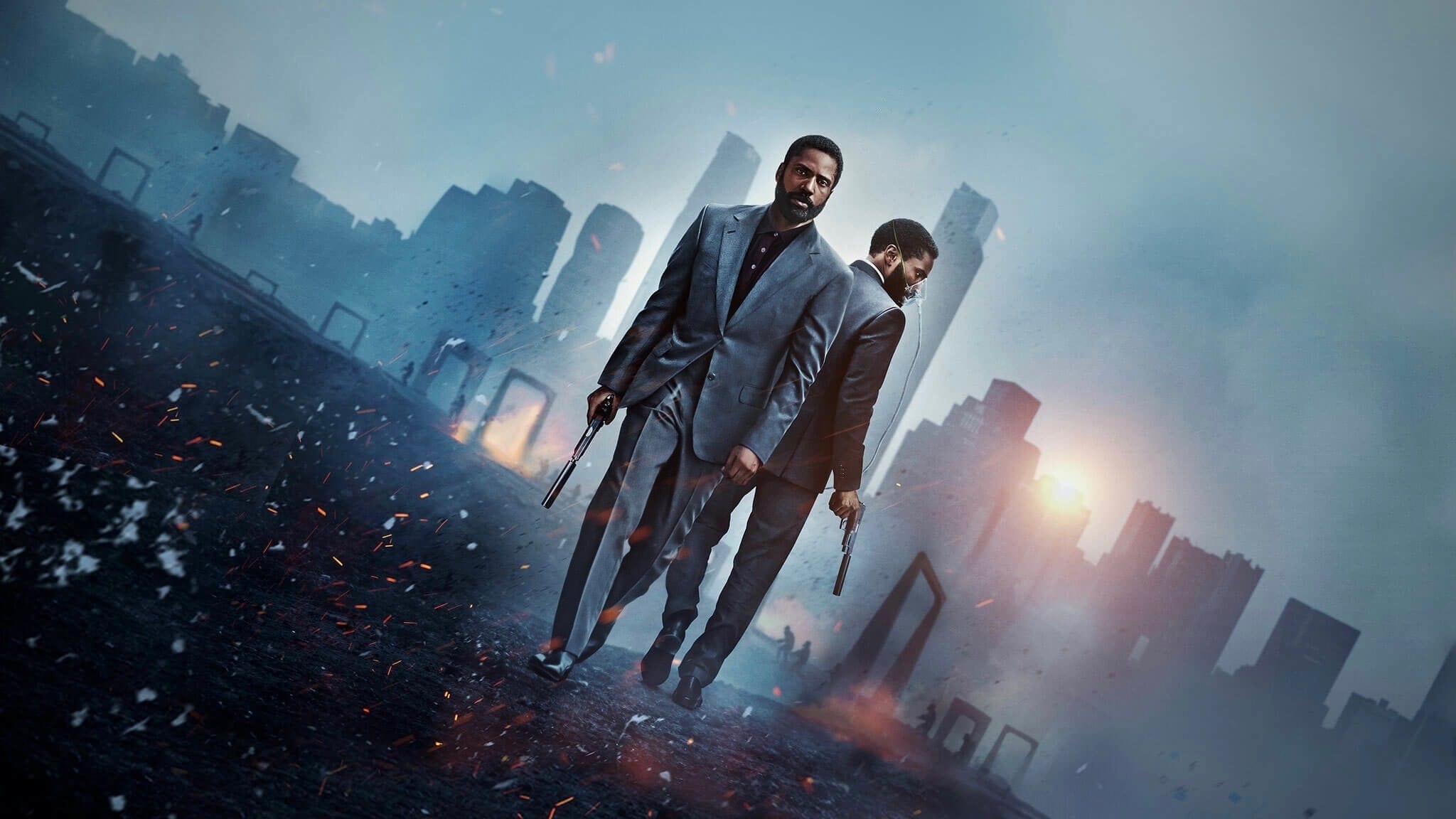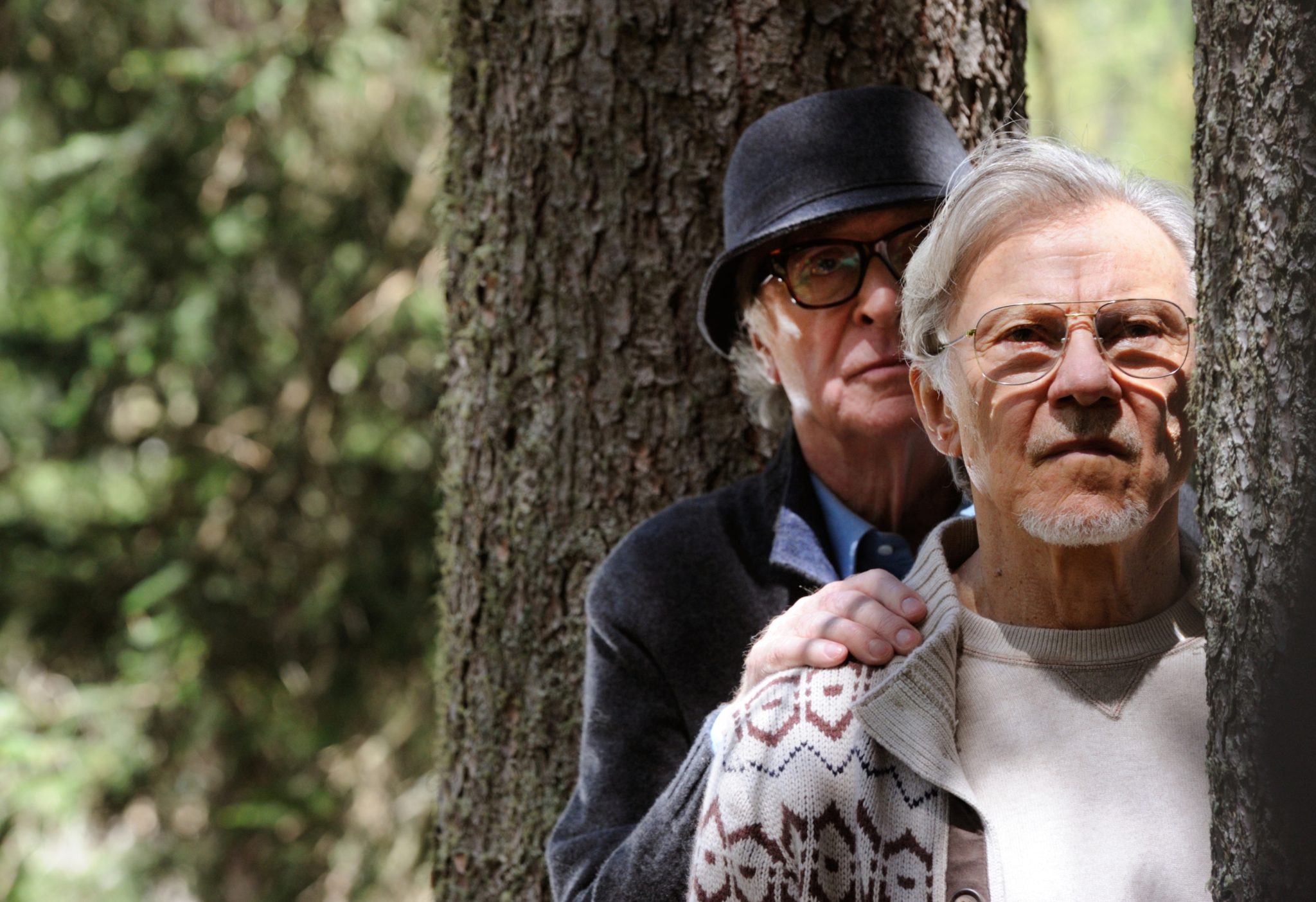![Tenet: I am the [Protagonist] of My Fate](https://b311079.smushcdn.com/311079/wp-content/uploads/2020/08/tenet-2020.jpg?lossy=1&strip=1&webp=1)
Tenet: I am the [Protagonist] of My Fate
It takes a lot for a director to become a brand unto themselves. Having made some of the biggest blockbusters of the last two decades, writer/director Christopher Nolan continues to create ambitious worlds that also look to maintain depth to their stories. With the release of his latest epic adventure Tenet, Nolan offers all of the…



